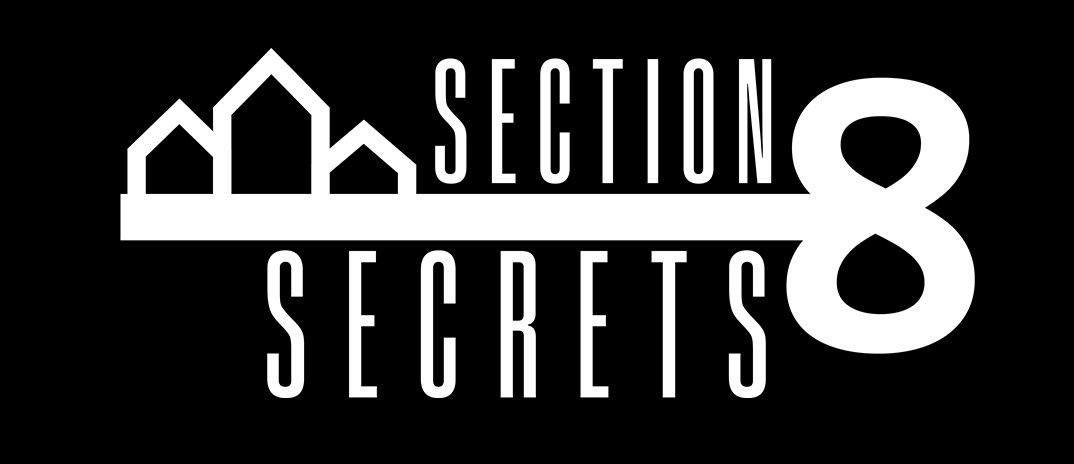The Disadvantages of Investing in Section 8 Properties
Sep 15, 2023
Section 8 housing, a government program aimed at providing affordable housing options to low-income individuals and families, is an attractive avenue for real estate investors. While the program offers steady rental income and government-backed payments, it is crucial for investors to consider the potential disadvantages before diving into Section 8 investing. This article explores some of the drawbacks associated with Section 8 real estate investments.
-
Government Involvement and Bureaucracy: One of the primary disadvantages of Section 8 investing is the involvement of government agencies. Dealing with bureaucratic processes, red tape, and stringent regulations can be time-consuming and frustrating. Investors may find themselves subject to inspections, delays, and changes in subsidy rates, all of which can impact the predictability and stability of their rental income. Local PHAs will determine your experience and we've seen some great ones, and we've seen some terrible ones.
-
Rent Control Limitations: Section 8 rental rates are determined by the local housing authority, often leading to rent control limitations. Investors may find themselves unable to adjust rents according to market conditions or make necessary upgrades to their properties assuming the planning was poor. Sometimes watching others earn higher rents can be frustrating as your earnings are capped by the PHA. This lack of flexibility can limit the potential for significant profit when compared to the open market in your area.
-
Property Condition Standards: Section 8 properties are subject to stringent inspection standards set by housing authorities. Investors must ensure that their properties meet these requirements, which may involve additional maintenance and repair costs. Failure to maintain the property to these standards can result in the termination of the Section 8 contract, leading to a loss of rental income. Sometimes these property inspections can ding you on items you don't think are a problem and with the rising costs of repair and handy work in most areas, this can cause an unexpected expense.
-
Market Dependence: Section 8 rental rates are influenced by local housing authorities and the prevailing market conditions. Changes in government policies or economic downturns can impact subsidy rates and, consequently, the profitability of Section 8 investments. Investors should be prepared for fluctuations in income and market conditions beyond their control.
While Section 8 investing offers steady income and a socially responsible investment, it is essential for real estate investors to weigh the disadvantages carefully. Government involvement, rent control limitations, property condition standards, and market dependence are all factors that can impact the success of Section 8 real estate investments. Thorough research, careful property management, and a clear understanding of the associated challenges are crucial for investors seeking to navigate this niche in the real estate market.


